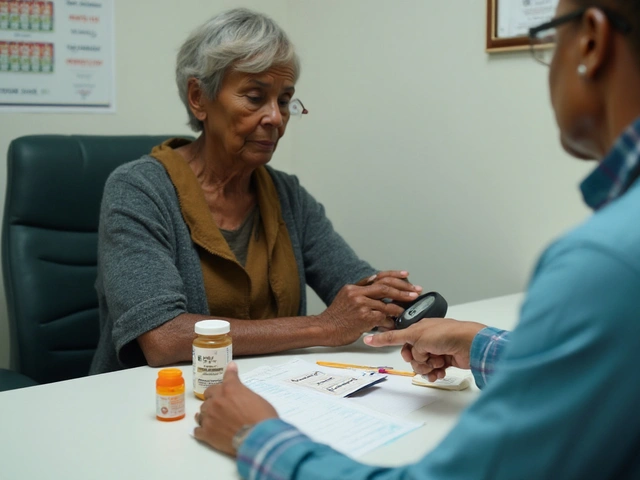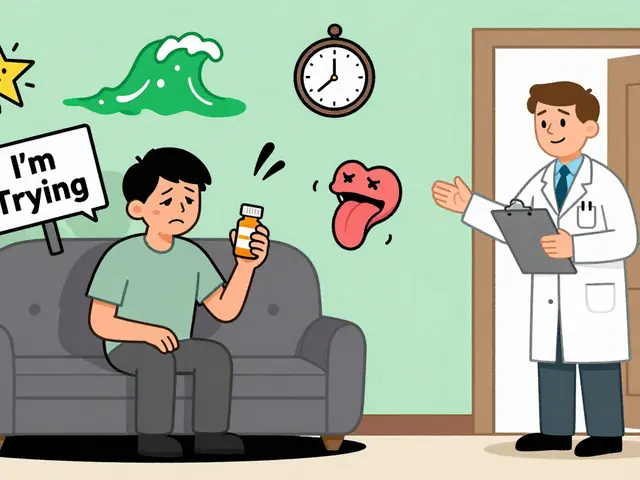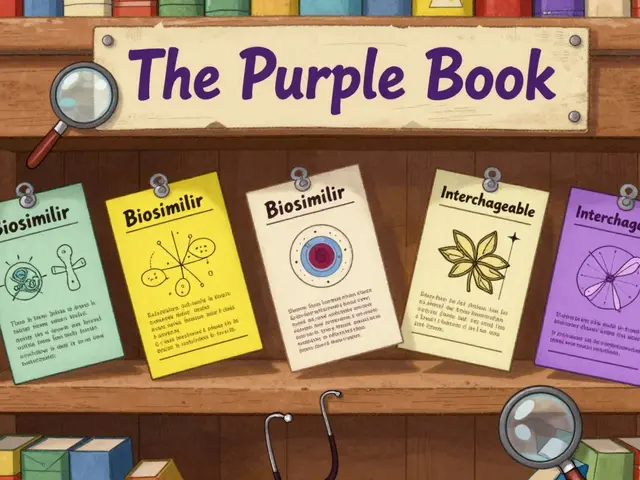Functional Dyspepsia: What It Is and How to Find Relief
If you’ve ever felt a nagging ache in the upper belly after a meal, you might be dealing with functional dyspepsia. It’s not an ulcer or infection—just a feeling of indigestion that sticks around. Thousands of people describe it as “bloating, nausea, or a burning sensation that won’t quit.” The good news? Simple changes can cut the misery.
Common Symptoms and Triggers
Typical signs include a feeling of fullness even after a small bite, bloating, belching, and occasional nausea. Some folks also notice mild heartburn or a vague stomach pain that peaks a few hours after eating. The exact cause is still a bit of a mystery, but doctors think it’s a mix of stomach muscle tone, sensitivity to food, and stress‑related signals.
Trigger foods vary from person to person. Fatty meals, coffee, carbonated drinks, and spicy dishes often make things worse. Alcohol and smoking can also irritate the stomach lining, adding to the discomfort. Even eating too quickly or large portions can tip the balance.
Stress and anxiety play a surprisingly big role. When you’re nervous, the gut’s nervous system goes into overdrive, making the stomach more sensitive. That’s why you might notice a flare‑up before an exam or after a stressful workday.
How to Manage Functional Dyspepsia
First, keep a simple food diary for a week. Write down what you eat, how much, and any symptoms that follow. Patterns will pop out—maybe a latte is the culprit, or maybe it’s late‑night pizza.
Next, try the following lifestyle tweaks:
- Eat smaller meals 4‑6 times a day instead of three big ones.
- Chew each bite at least 20 times; slower eating lets the stomach relax.
- Avoid lying down for at least two hours after meals to keep stomach acid where it belongs.
- Limit caffeine, alcohol, and carbonated beverages.
- Take a short walk (10‑15 minutes) after eating to aid digestion.
If symptoms linger, over‑the‑counter options like antacids or H2 blockers can help neutralize excess acid. For more stubborn cases, doctors may prescribe a low‑dose proton pump inhibitor or a prokinetic drug that helps the stomach empty faster.
Don’t ignore red‑flag signs, though. Persistent vomiting, weight loss, blood in stool, or severe pain warrants a medical check‑up. A doctor might run an endoscopy or breath test to rule out ulcers or H. pylori infection.
Stress management is another powerful tool. Simple practices—deep breathing, short meditation sessions, or a daily walk—can calm the gut’s nervous system. If anxiety feels overwhelming, consider talking to a therapist or trying guided relaxation apps.
In short, functional dyspepsia is a common, often frustrating condition, but it’s manageable. By tracking foods, adjusting meal habits, and tackling stress, many people find big relief without heavy medication. Keep experimenting, stay patient, and give your gut the gentle care it needs.

Caffeine and Functional Dyspepsia: What You Need to Know
- By : Tamsin Riverton
- Date : Sep 23 2025
Explore how caffeine affects functional dyspepsia, the science behind acid and gut motility, and practical tips to manage symptoms.




